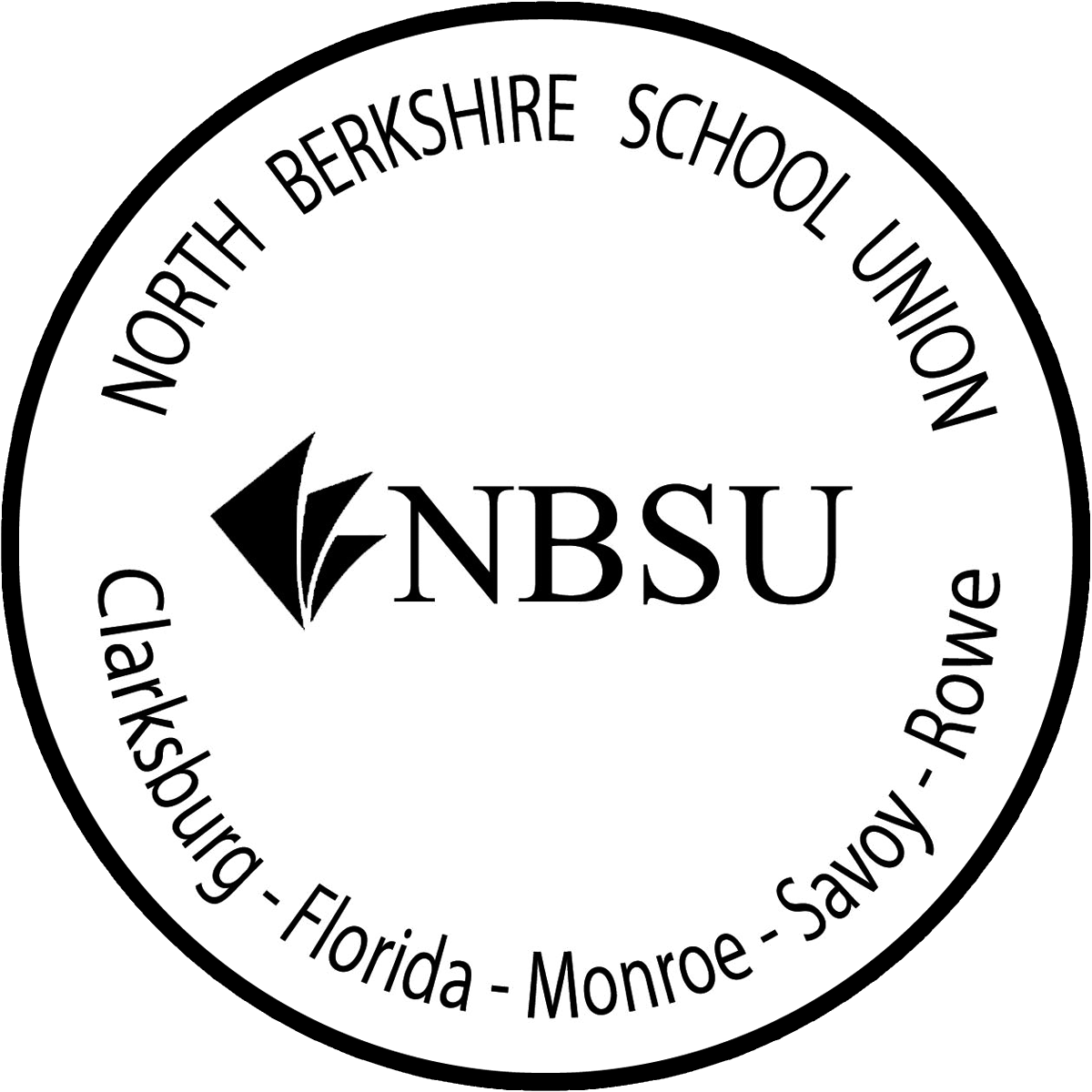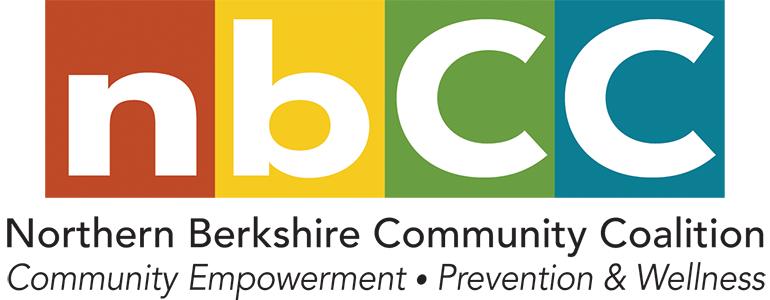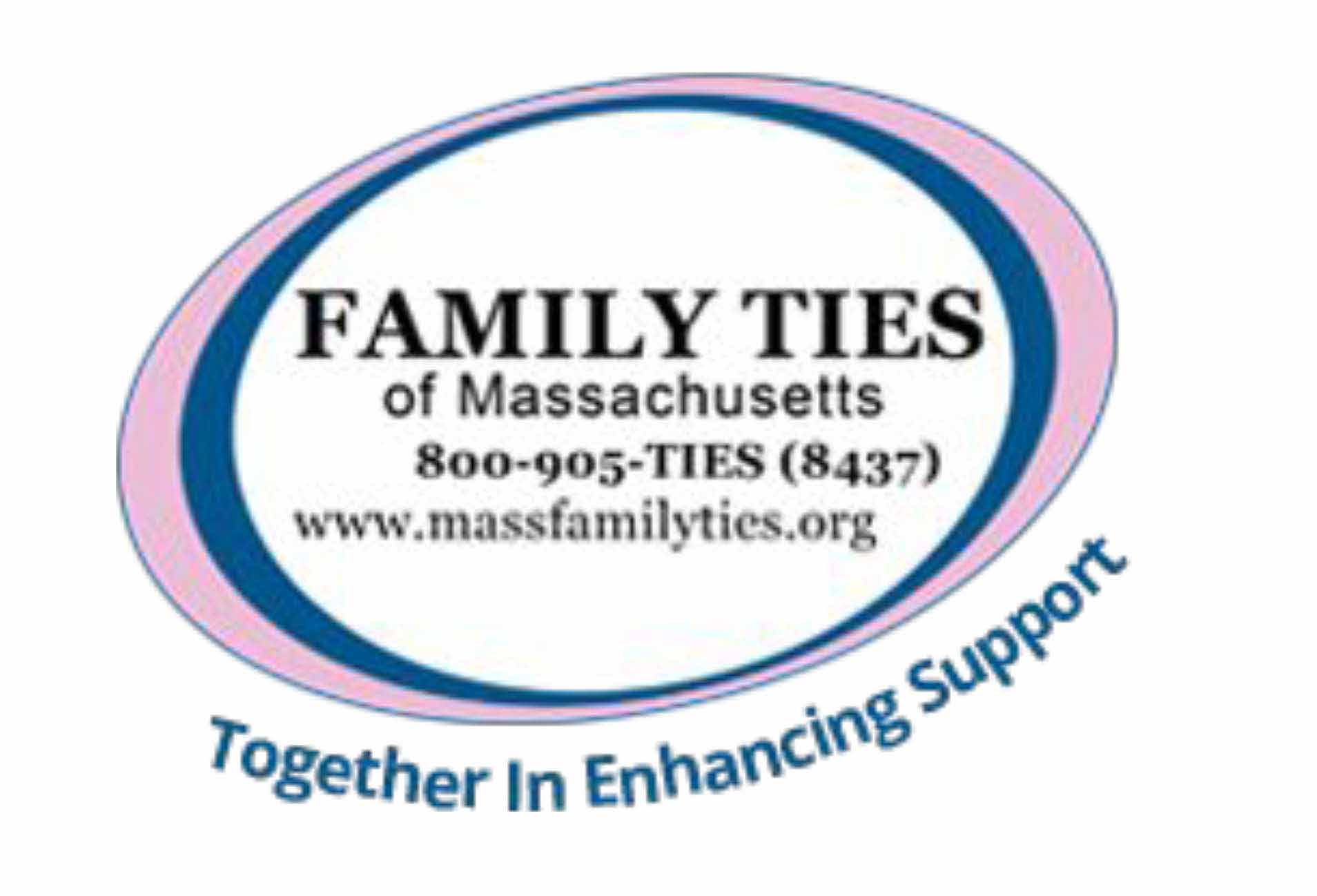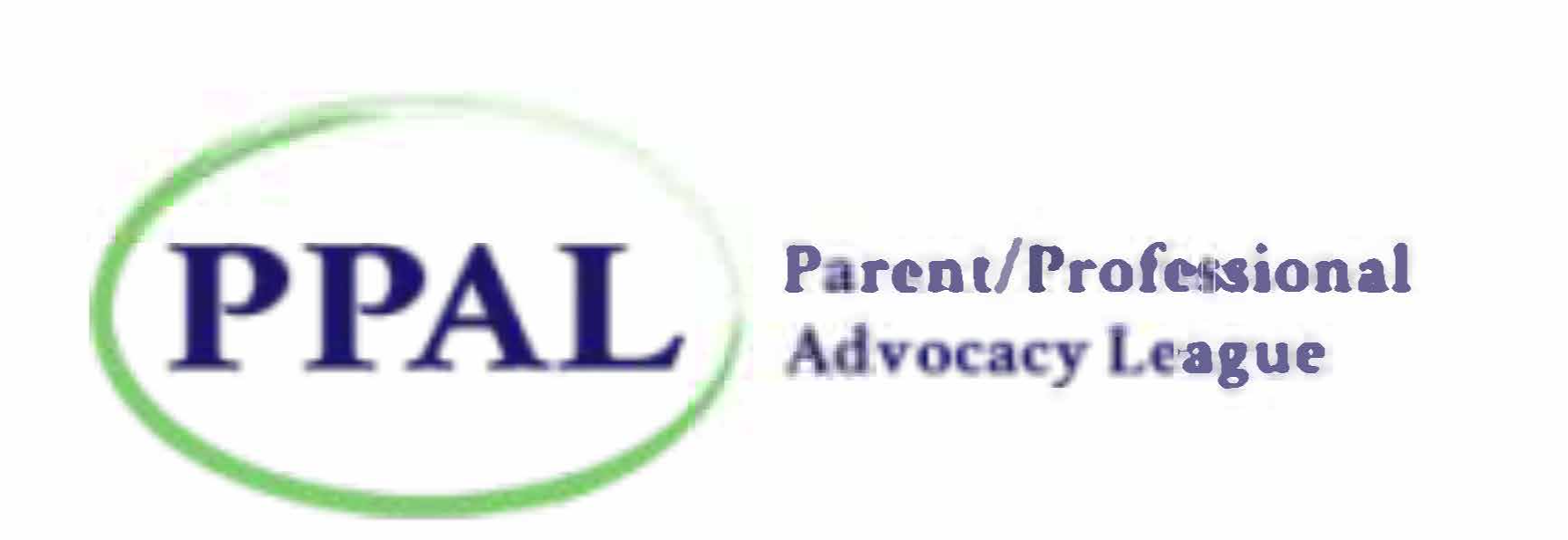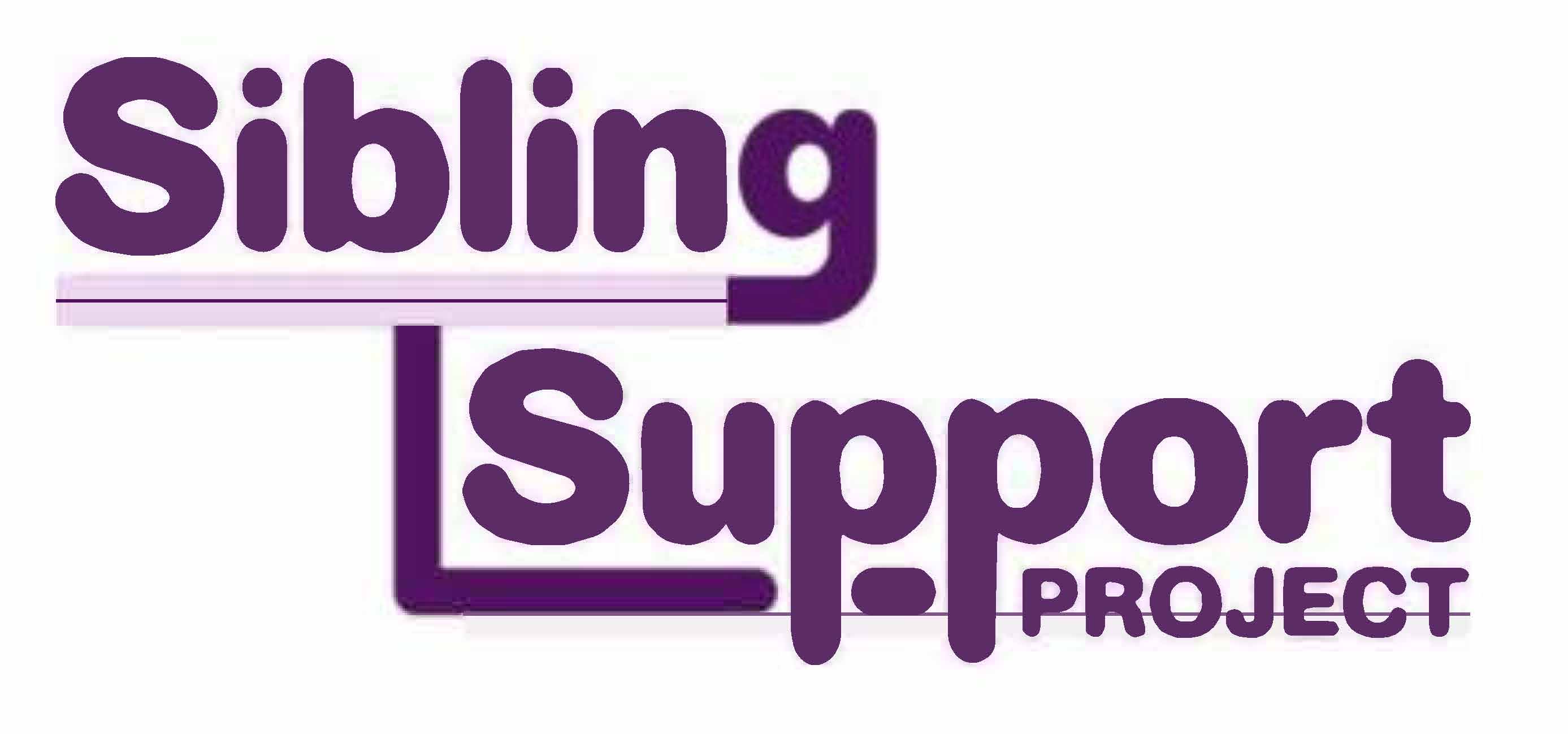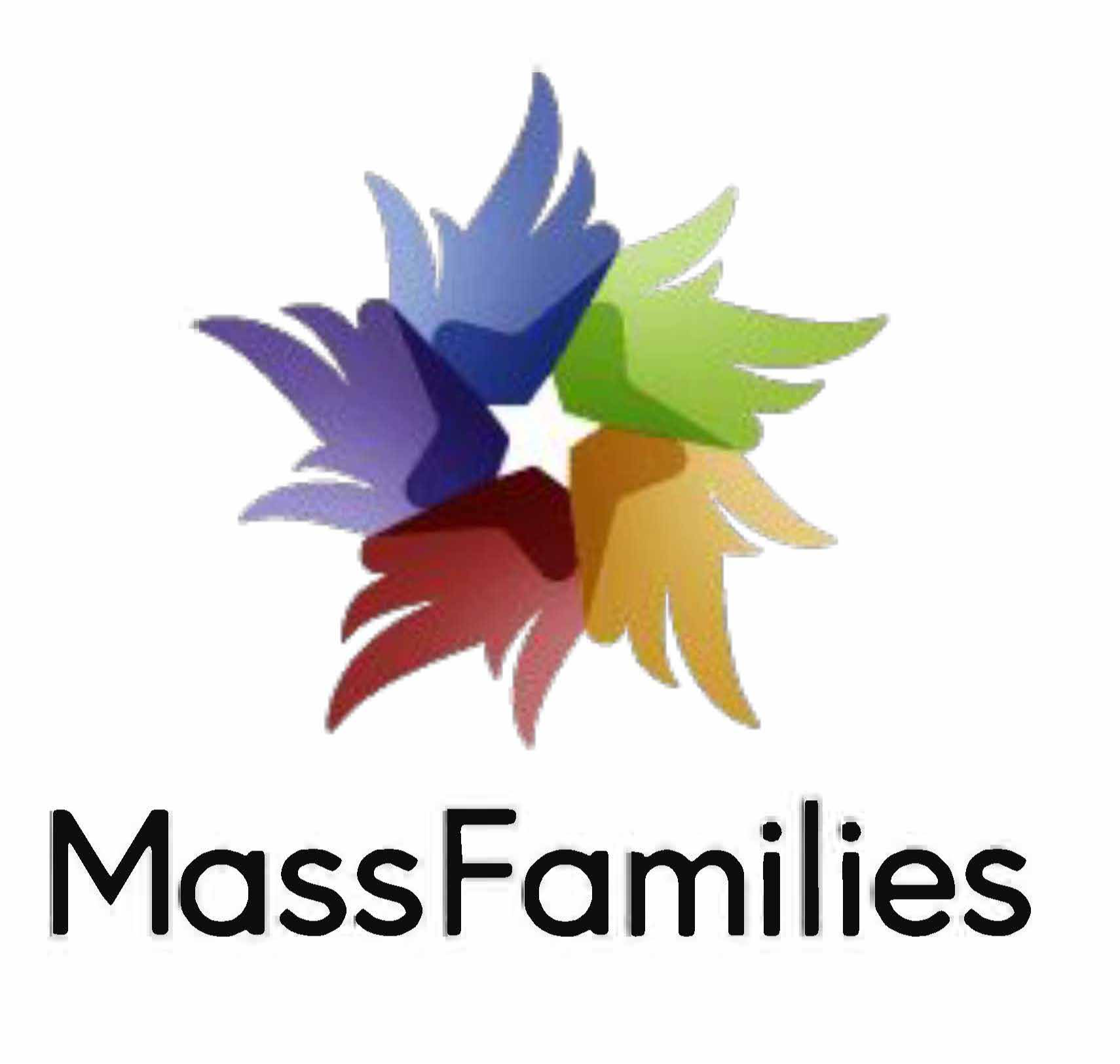NBSU Special Education Parent Advisory Council (SEPAC)

What is a SEPAC?
A SEPAC is a Special Education Parent Advisory Council. Every public school district in Massachusetts is required to establish a SEPAC, according to Massachusetts General Law 71B and 603 CMR 28. Massachusetts state law assigns both an advisory and participatory function to SEPACs. Membership is open to all parents/caregivers of children with special needs and other interested parties.
Duties shall include, but not be limited to:
To provide communication between school staff, administrators, school committees, and families of children with special needs concerning all aspects of special education and any concerns or needs families may have; meeting with school officials to participate in the planning, development, and evaluation of the school committee’s special education programs.
Educating and advising the district and families on matters related to Special Education. Supporting families by providing them information and assistance in connecting with teachers, Student Support Teams, and community resources.
The North Berkshire School Union Parent Advisory Council on Special Education (NBSU SEPAC) is a self-governing public body which creates its own by-laws and operational procedures. The NBSU SEPAC is different from other parent groups such as a PTG or School Council – it does not represent families from one school or school district, but represents all families of children with disabilities from the entire school union.
What is having a SEPAC important?
Build positive relationships within the school community—Effective SEPACs engage parents/caregivers and school leaders to collaborate to make positive change happen by establishing shared goals and priorities that benefit students with disabilities.
Outreach—Outreach can engage families of students, research shows that student success is directly linked to family involvement within the school community. SEPAC's connect with teachers, Student Support Teams, and community resources as sources of support for helping improve programs and services for students.
Improved services and programs based on input—A SEPAC can communicate the needs of parents and caregivers whose children receive special education and related services, and can advise school leaders on unmet needs.
A trusted source of information—SEPACs can strengthen the bridge between the school districts and families. SEPAC members who educate themselves about school policies and procedures can be a great source for parents/caregivers who need information, support, and resources from their school, and can hep navigate them in the appropriate direction.
Deepened trusts—Over time, as school leaders react and respond to the input from families through the SEPAC, trust builds and grows.
Why should parents get involved?
Being a member of a SEPAC, or even just participating in a meeting offers the opportunity to raise questions, voice concerns, and provide direct input to school leaders which influence policies and decisions on programs related to special education. The individual needs of one child become part of ‘the bigger picture’ and can help a broader community of children.
Mission Statement/Annual Goals | |
Annual Update to School Committee |
NBSU SEPAC Officers
President | Rebecca Randall | |
Vice-President | Brittani Sprague | |
Secretary | Amanda Bosley |
Upcoming Workshops/Events
FREE Webinars/Events
Date: Tuesday 3/25/25 Time: 6-8pm Basic Rights: Understanding the IEP - A Free Virtual Workshop for Parents and Professionals, registration link: https://fcsn.org/event/north-berkshire-understanding-the-iep/
Date: Tuesday 4/15/25 Time: 6-8pm Social Emotional
Learning:
A Free Virtual Workshop
for Parents and Professionals, registration link: https://fcsn.org/event/north-berkshire-social-emotional-learning/
Rescheduled/date TBD - The Special Education Binder Workshop with Andrew Rosenburg from Northern Berkshire Community Coalition.
Misc. Parent Resources
Information for Parents on the New IEP Form: Quick Reference Guide
A Parent’s Guide to Special Education
Hampden Neuropsychology Associates, a new option for neuropsychological assessment specializing in working with children, teens, and young adults with complex developmental, learning, and medical needs.
CDC - Child Development Basics
12 Games to Practice Self-Control
Parent Information from MA DESE
Help with homework and facts while playing games with Factmonster!
Family Guide to MA Learning Standards
Many Programs & Resources from Spedchildmass
Understood.org - resources and support in order to thrive — in school and throughout life.

Special Education Advocate
What is a Special Education Advocate?
Special Education Rights Video Series on YouTube
Bullying Prevention and Intervention
Technical Assistance Advisory SPED 2011-2
Transition
Inclusion
Zones of Regulation
Zones of Regulation Activities
The Zones of Regulation program is a self-regulation tool to help kids identify, address, and use strategies to achieve self-control and emotional regulation in a non-judgmental and safe way.
We all encounter trying circumstances that can test our limits. If we can recognize when we are becoming less regulated, we are able to do something about it to manage our feelings and get ourselves to a healthy place. This comes more naturally for some, but for others it is a skill that needs more attention and practice. This is the goal of The Zones of Regulation.
Challenging Behaviors
National Center for Pyramid Model Innovations
Sensory Processing Disorder
Learn more about sensory processing disorder and potential accommodations
Sensory seeking and sensory avoiding
Dyslexia Resources
Information from DESE on Dyslexia
Attention Deficit Disorder/with Hyperactivity (ADD/ADHD)
Attention Deficit Disorder Association
Autism
LEGO Therapy: How to Build Connections with Autism – One Brick at a Time
A Parent's Guide to Evidence-Based Practice and Autism:
Click here for: Visual Supports and Autism including video below.
Grandparents Raising Grandchildren


